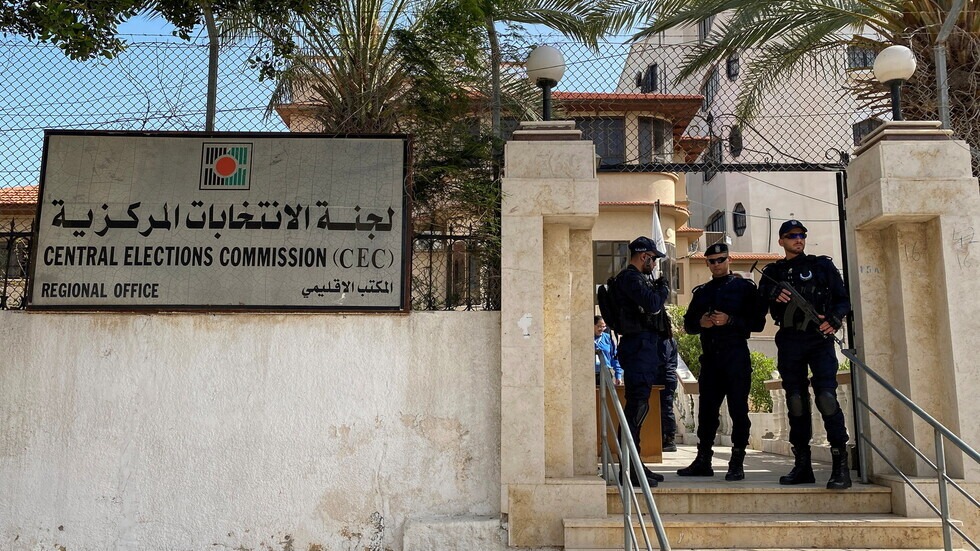Speaking in an interview with the website of the Strategic Council on Foreign Relations, Seyed Mohammad Jafar Razavi described the long-term consequences of holding the Palestinian elections as creating strategic problems for the Zionists and noted: At the same time, holding the elections will create some short-term problems for the Zionists.
According to Razavi, one of the short-term problems is that holding the elections in Palestine will create a bad social atmosphere for the Zionist regime.
Pointing to the fact that the Zionists have held four elections so far but have not been able to form a stable cabinet since November 2018, Razavi said: Finally, we witnessed that Benjamin Netanyahu could not form a cabinet within the set deadline.
According to the expert, holding the elections in Palestine will intensify the social atmosphere in the occupied territories and make the protesters against non-formation of the cabinet more sensitive and angry about this issue.
Razavi continued: Therefore, if the elections were held in Palestine, because Tel Aviv has somehow reached a political impasse and has not passed it yet, a kind of social crisis would be created in the Zionist society and under such circumstances, they are not at all ready to resolve it.
The expert on Palestine also explained Israel’s long-term objectives to prevent the elections and said: According to the opinion polls conducted by the Zionists and European institutions in Palestine over the past 15 years, that is to say from the last Palestinian election to the present day, it has been specified that Hamas will win the elections.
He continued: The victory of Hamas means that the government must be formed by Hamas, the parliament will be at the disposal of this process, and according to domestic law when the government is formed by Hamas, the security apparatus and other institutions related to the security and economy will also be in control of Hamas.
Razavi explained that taking control of the security apparatus by Hamas means that their security cooperation with Tel Aviv would be cut off, in which case the Zionists would lose the West Bank as well as the Gaza Strip.
The expert stressed: In this case, it is not unlikely that a civil war will break out in the occupied territories.
Razavi believes that the Zionists do not want to see such a scenario, because the coming to power of Hamas will mean that this time the Resistance can continue to operate in its legitimate form after the elections, and the Zionists will have to recognize it.
Regarding the reasons given by Mahmoud Abbas, the head of the Palestinian Authority, for not holding the elections, he said: Abu Mazen has said that the Zionist regime does not allow the elections to be held in Qods and there is no Palestine without Qods, and on this pretext, the elections will be suspended indefinitely.
The expert on Palestine affairs noted: Since autumn when it was announced that the elections is expected to be held in Palestine, almost all experts and analysts in this area have emphasized that those elections will not take place because holding the elections means that Resistance groups in the political arena of Palestine will come to power.
Further elaborating on the most likely scenarios ahead, Razavi said: The first scenario is that even if Mahmoud Abbas agrees to hold the election, the Israelis will probably not allow it to take place. The second scenario is that a very orderly election in which the intervention has taken place would be held only in the West Bank. Previously, the Palestinian council and municipal elections, which were supposed to be nationwide, were held only in the West Bank in 2012 and 2017, upon the orders of Mahmoud Abbas.
He said: Today, however, it seems unlikely that Abbas will be able to hold parliamentary elections in the West Bank alone because in that case, he will be faced with serious opposition of the people.










0 Comments